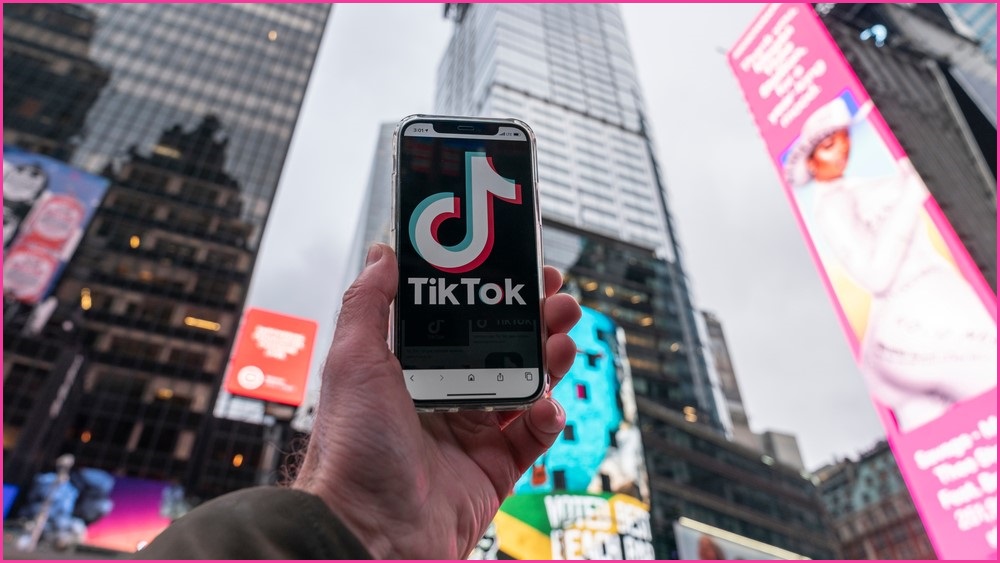Australia will not follow in the footsteps of the US and force TikTok’s China-based parent company to sell the social media app and will also not ban the use of WeChat on public sector devices, the federal government has revealed in its response to a near year-old inquiry.
The Labor government recently tabled its response to the Senate Select Committee on Foreign Interference through Social Media, which presented its final report in August last year.
The inquiry focused on potential security and data risks associated with TikTok and other China-owned social media platforms and the spread of political misinformation and disinformation online, including through the use of artificial intelligence.
The federal government largely noted or supported in principle the recommendations from the Liberal-led Committee, and supported recommendations that it said it was already doing.
The bipartisan committee had recommended that if the US government moves to force TikTok parent company ByteDance to divest its stake in the popular app, Australia should also review this and consider doing the same.
In the time since the final report was delivered, the US government has passed legislation to do this, and TikTok could be banned in America as early as January next year if ByteDance does not sell its American operations.
ByteDance has said it has no plans to sell the app in the US and will be challenging the law under First Amendment grounds.
But in its response to the report, the Australia’s government merely noted the recommendation to follow suit.
“Any decision by the United States government relating to the forced divestiture of a company or companies is a matter for the United States government,” the government said in its response.
“The Australian government continues to assess Australia’s technology security policy settings to ensure they remain fit-for-purpose.”
The government did however “support in principle” a recommendation to review the Security of Critical Infrastructure Act and move to allow certain apps such as TikTok to be banned on work devices of companies that have been designated as “systems of national significance”.
In April last year TikTok was banned from all public sector-issued devices.
The Committee had issued a bipartisan recommendation that the government consider extending this ban to Chinese social media giant WeChat “given it poses similar data security and foreign interference risks”.
This was merely “noted” by the government, which said that “any measures taken will be proportionate and appropriate to protect sensitive government information and Australia’s national interests”, and be informed by relevant entities such as the Protective Security Board and the Government Security Committee.
“The government notes that all social media applications carry risks associated with their use and these risks are particularly acute for Commonwealth entities and Australian government officials,” the response said.
‘Noted’, not ‘supported’
The government ignored a recommendation by the Committee for the introduction of a “last resort” power to ban social media companies from operating in Australia if they repeatedly fail to meet a minimum set of transparency requirements.
It also only noted a call for the establishment of a national security technology office within the Department of Home Affairs which would have mapped “existing exposure to high-risk vendors such as TikTok, WeChat and similar apps”, and to designate an entity with lead responsibility for whole-of-government efforts to counter cyber-enabled foreign interference.
A recommendation to investigate options to identify, prevent and disrupt artificial intelligence-created disinformation and foreign interference campaigns was supported by the government.
“The Department of Home Affairs continues to assess the national security threats, risks and vulnerabilities arising from AI, including applications of AI as a tool for misinformation, disinformation and foreign interference,” the government said.
“The Department of Home Affairs will continue to work with relevant agencies to address national security risks presented by AI.”










